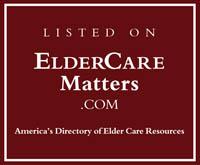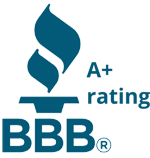Understanding Financial (General/Durable) Powers of Attorney
A power of attorney allows a person you appoint – your “attorney-in-fact” or agent – to act in your place for financial or other purposes when and if you ever become incapacitated or if you can’t act on your own behalf. There are four main types of powers of attorney.

General Power of Attorney
In this situation, the agent can perform almost any act as the principal, such as opening financial accounts and managing personal finances. A general power of attorney arrangement is terminated when the principal becomes incapacitated, revokes the power of attorney or passes away.
Durable Power of Attorney
This arrangement designates another person to act on the principal’s behalf and includes a durable clause that maintains the power of attorney after the principal becomes incapacitated. This type of POA will revoke when the principal passes away.
Special or Limited Power of Attorney
In this instance, the agent has specific powers limited to a certain area. An example is a power of attorney that grants the agent authority to sell a home or other piece of real estate.
Springing Durable Power of Attorney
In some states, a “springing” power of attorney is available and becomes effective when a specified event occurs such as when the principal becomes incapacitated.
In order for the Power to become effective, the principal’s doctors must verify in writing that the principal is incapacitated. It is very important you understand what happens if the physicians won’t sign off on the incapacity.
It’s helpful to have these conversations in happy times, when your loved one is well so you can determine their wishes for their financial security and healthcare should a time come when they are unable to make the choices for themselves.
Responsibilities of the Agent within your Durable POA
- use your assets to pay your everyday expenses and those of your family
- buy, sell, maintain, pay taxes on, and mortgage real estate and other property
- collect Social Security, Medicare, or other government benefits
- invest your money in stocks, bonds, and mutual funds
- handle transactions with banks and other financial institutions
- buy and sell insurance policies and annuities for you
- file and pay your taxes
- operate your small business
- claim property you inherit or are otherwise entitled to
- transfer property to a trust you’ve already created
- hire someone to represent you in court, and
- manage your retirement accounts
North Carolina Health Care Power of Attorney: 7 things to think about

1. What is it?
In North Carolina a Health Care Powers of Attorney authorizing someone to make medical decisions for you, if you become unable to make or communicate your own medical decisions.
2. Who will your agent be and if not available, who is the agents back-up?
A Health Care Power of Attorney is a document we believe everyone should have, which frequently designates a primary agent and also back-up agents (contingent agents), in case the primary agent cannot be reached or cannot make a decision for you.
3. Do I need additional forms to express my health care wishes?
The Health Care Power of Attorney form, as set out in the North Carolina General Statutes, is very comprehensive. It also contains some blank spaces, in which you may add to, limit or explain your Health Care Agent’s powers in further detail if you wish to do so.
4. What else can I say in a Health Care POA?
Your Health Care Power of Attorney may be modified to express your personal wishes, such as religious beliefs, whether or not you want to be an organ donor, or to express your funeral and burial wishes, or your desire to be cremated, if applicable.
5. Do Health Care POA’s in NC need witnesses and be notarized?
A Health Care Power of Attorney must be signed in the presence of two witnesses and must be notarized.
6. Can I have my spouse or children witness my POA?
The witnesses may not be related to the person creating the document, (spouse or children, or even siblings, aunts, uncles or first cousins) or people who are beneficiaries under your Will, employees of your doctor or a hospital or other health facility, such as a retirement or a nursing home, where you are a resident.
7. Why is a Health Care POA important?
We believe the Health Care Power of Attorney is a very important document, letting both family and the medical community know your wishes, thus preventing disputes between family members or family members and the primary/attending physician.










